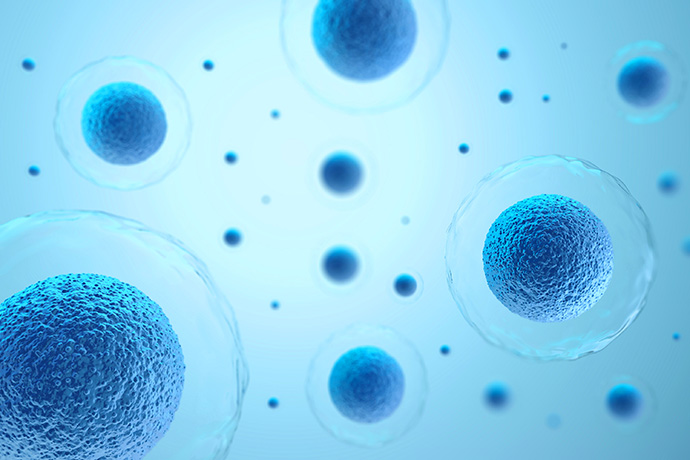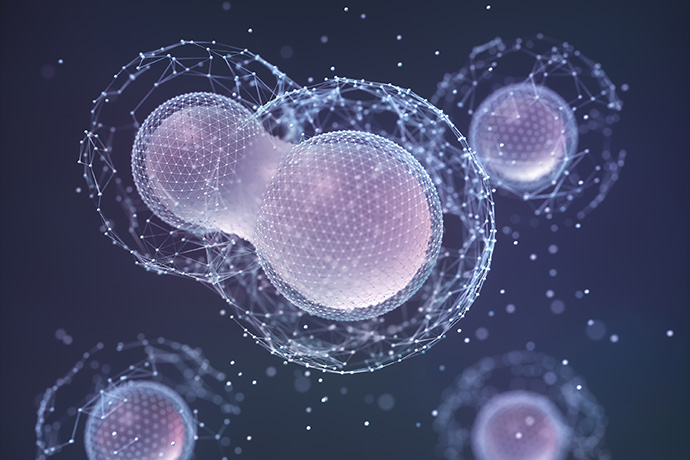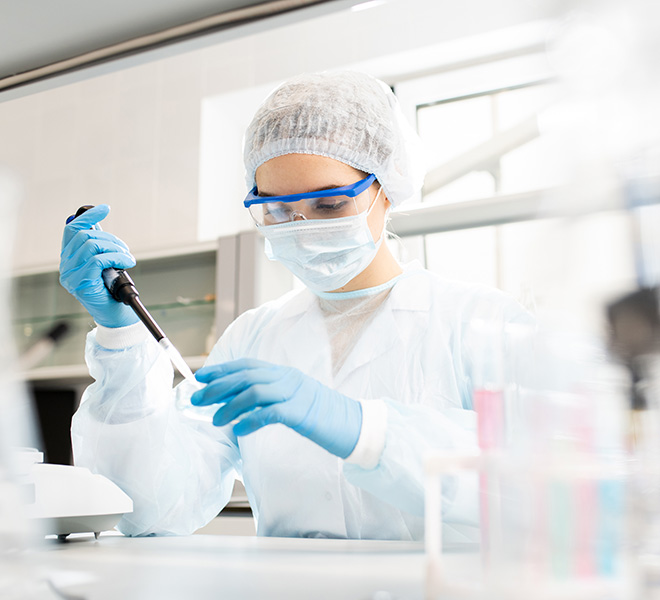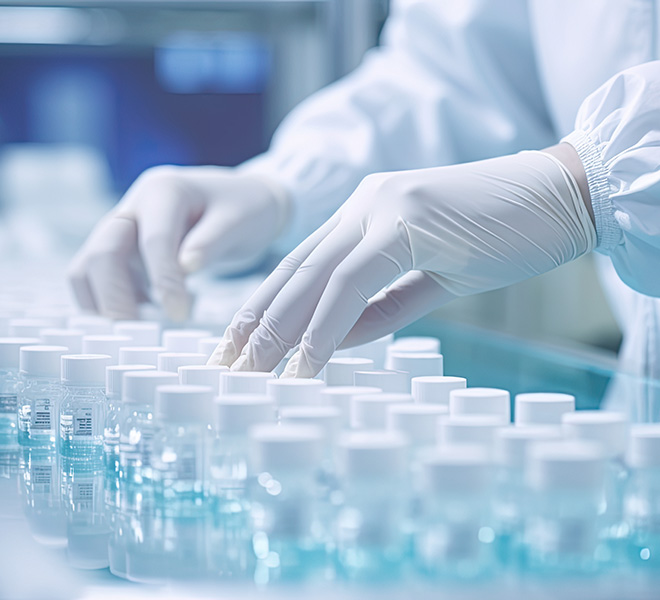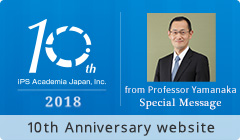


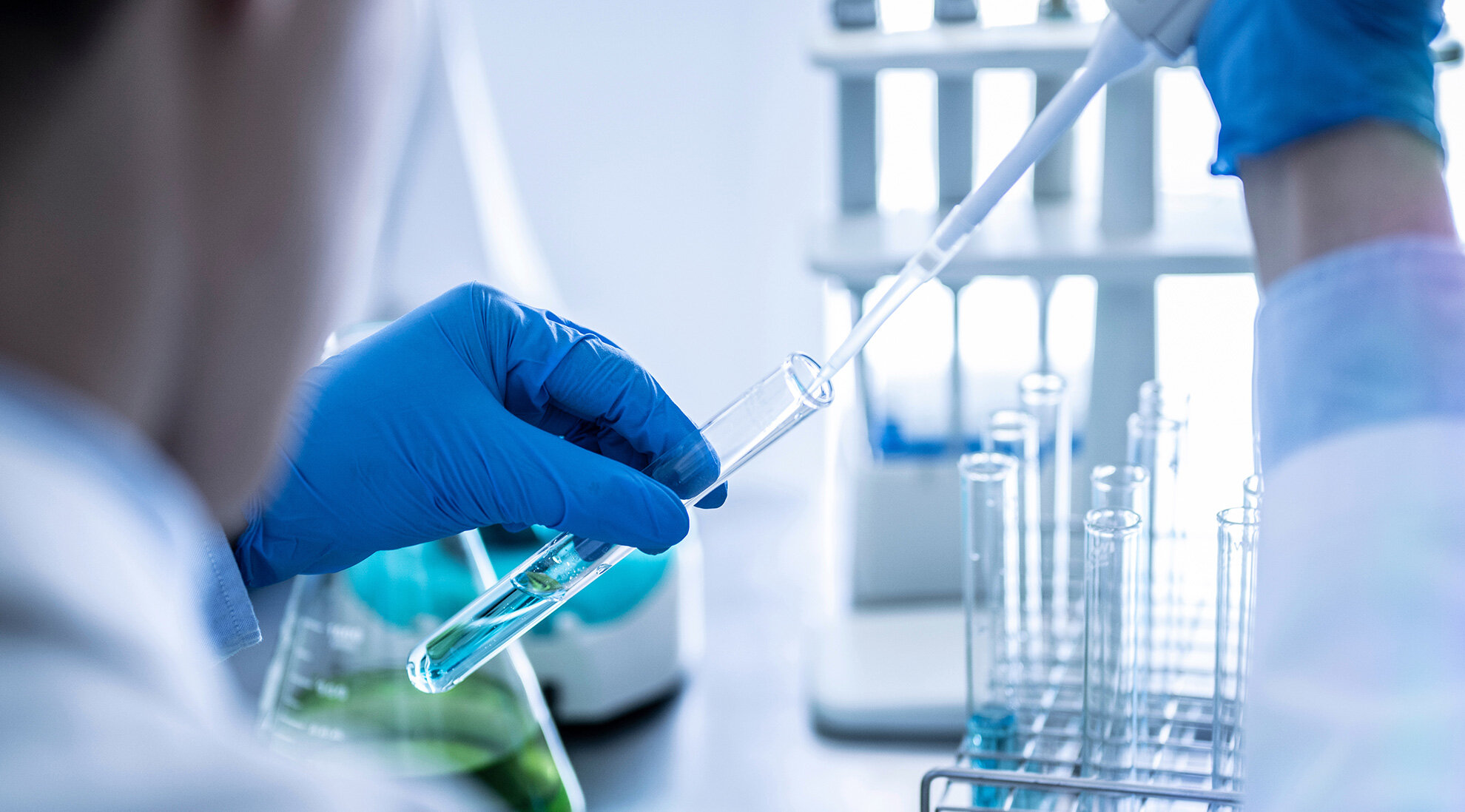

Our Mission
To facilitate the prompt and appropriate application
of iPS cell technologies
with the aim of benefiting
the health and welfare of the human race.
Our Values
iPS Academia Japan, Inc. has played a crucial role in advancing the realization of future breakthroughs in induced pluripotent stem cell (iPSC) technologies. This has been achieved by facilitating collaboration between Kyoto University and various domestic and international academic institutions. Such collaboration has been nurtured through licensing activities related to both basic patents and application patents in the field of iPSC.
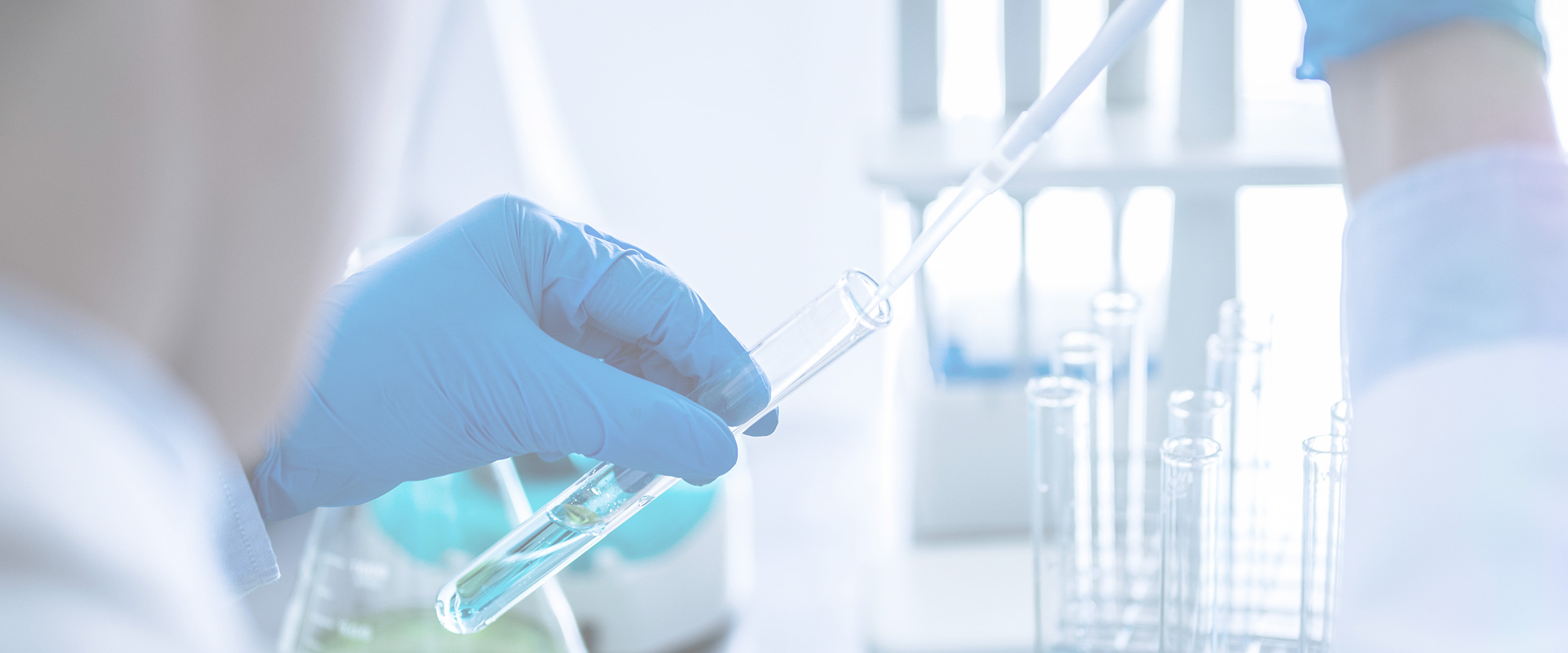
Our Licensees
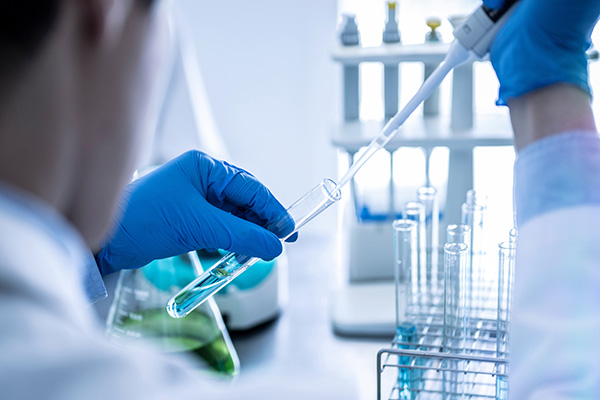
We hold patent license agreements with numerous domestic and international entities, encompassing both for-profit and not-for-profit organizations.
The conclusion of license agreements with various companies for research and development, and commercialization of iPS cells signifies the continued growth and expansion of the iPS cell field.
Japan
125
North America
93
Europe
58
Asia
12
Topics
Q&A
-
We want to develop, make and sell products for regenerative medicine which contain iPS cell-derived cells. Do we need a patent license? If so, please tell us financial terms.
Yes, you do. A company who runs a business by developing, making and selling products for regenerative medicine (i.e., company who will obtain NDA approval) needs our patent license. Visit Therapeutic Use License for the financial terms, and then contact us for more details. Please provide us with the following information, which will enable us to reply efficiently.
- Company name and company information (number of employees, year of establishment, and amount of investments, funds or grants ever collected)
- Regarding the products
- Name of cell type of iPS cell-derived cells to be contained in the products
- Summary of development plan
- Country or region where the products are developed, made and sold
-
Can you tell us some examples of not-for-profit entities providing iPS cells?
The Center for iPS Cell Research and Application (CiRA) of Kyoto University, RIKEN BioResource Research Center (RIKEN BRC) Cell Bank, Japanese Collection of Research Bioresources Cell Bank (JCRB Cell Bank) are some of the examples. Please contact us for other not-for-profit entities or the necessity of a license.
-
Why do you disclose standard financial terms of licenses on your website?
Our mission is to facilitate the prompt and appropriate application of iPS cell technologies with the aim of benefiting the health and welfare of the human race as an Approved TLO (Technology Licensing Organization) specialized in iPS cells and their related field. Our transparent license program in which standard financial terms are disclosed can advance our licensing-out activities smoothly and fairly. We place importance on an environment where iPS cell-related patents can be used by as many companies as possible.
-
What is the feature of your patent portfolio?
Our patent portfolio includes not only patents of iPS cell reprogramming but also of differentiation, purification, drug discovery, regenerative medicine and so on. We have licensed in patents from entities worldwide including Kyoto University as an Approved TLO (Technology Licensing Organization), and our licensors gradually increases.
Visit Patent Portfolio and find our licensors. You can retrieve details of the patents from the webpage by category and using the keyword search function.
-
We want to receive technical guidance about a patented invention in your patent portfolio. Can you introduce its inventor to us?
Yes, we can do it depending on a case. Please contact us with your specific request.

Research Grants
We aspire to expand the horizons of the iPS cell field by supporting promising young and creative researchers who hold potential for a bright future.
In 2018, our company established the "iPS Academia Japan Grant" in commemoration of our 10th anniversary. This grant aims to further the advancement and development of iPS cell technologies, which represent pioneering research findings from Japan. It does so by providing support to young, innovative researchers who exhibit promising potential for the future.

